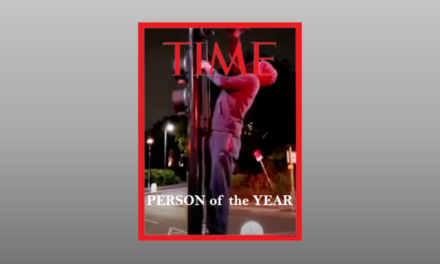The renowned British footballer and media personality, Gary Lineker, has reportedly had his bank account closed due to his controversial and edgy anti-establishment takes. The unexpected move has sparked debates over freedom of expression and the power of financial institutions to influence public discourse.
Lineker, known for his outspoken views on social and political issues, has often used his platform to voice opinions that challenge the status quo. While his anti-establishment stance has garnered both support and criticism, the decision to close his bank account has raised questions about the boundaries of free speech and the role of financial institutions in monitoring individuals’ beliefs.
The exact reasons behind the bank’s decision have not been publicly disclosed, leading to speculations about the possible factors that led to this action. Some argue that it may be an attempt to suppress dissenting voices or a reflection of increasing corporate influence on public discourse.
Critics of the move have expressed concerns about the chilling effect it may have on free expression, especially when financial institutions wield power over individuals’ access to essential services. They contend that such actions could stifle open dialogue and discourage individuals from sharing their opinions, even if they are controversial or challenging to mainstream narratives.
In response to the controversy, Lineker has remained defiant, vowing to continue advocating for causes he believes in, regardless of the consequences. “Closing my bank account won’t silence me,” he declared in a social media post. “I will continue to speak my mind and stand up for what I believe is right.”
The incident has reignited discussions about the role of financial institutions in regulating speech and the need to protect individuals’ right to express their opinions freely. As debates continue, the question of where the line should be drawn between personal beliefs and the actions of financial institutions remains a pressing issue in an increasingly interconnected world.
















